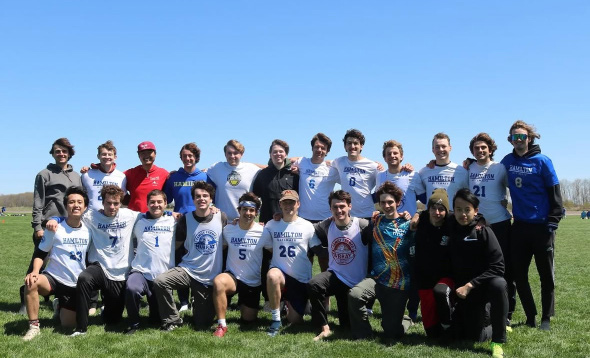
YouTubers were once associated with a new type of fame. Accounts such as Smosh, PewDiePie and Mr. Beast have all represented different eras of the platform that continuously built upon each other to dispel this increasingly invalid notion. YouTube distinguished itself from typical media, such as cable television, by establishing itself as an outlet for absolute creative freedom, an avenue of imagination that was excluded from the typical financial and regulatory barriers that often water down professional networks’ products. The lack of buffering from conception to release for certain public figures made YouTube seem much more enticing, particularly for musicians who grew tired of the fiscal requirements of acquiring placements on radio stations or on a channel like MTV. Professional artists began to pop up on YouTube, where dominant acts such as Taylor Swift and Eminem had their massive audiences transfer some of their attention. Music videos often act as simply an extension to a purely auditory experience for the sake of squeezing more dollars out of one’s popularity, but what if YouTubers could inversely apply this strategy for a similar type of success?
While parody accounts that exploited the vapidness of mainstream music videos have long been a staple of YouTube, this was merely a precursor to the musical renaissance that evolved from topics that strictly originated from the platform. It is a difficult feat to attract fans of a specific type of content to something as subjectively challenging as music, but many YouTubers discovered that they could create pseudo-narratives to appeal to viewers that saw their music as drama revolving around their favorite creators. RiceGum was arguably the catalyst for this phenomenon; his channel was once a battleground for poorly-written, but incredibly provocative diss tracks on random creators that he was not fond of. YouTubers realized that stirring up conflict through music was an effective approach for drawing general YouTube consumers into their world. Jake Paul and his now-disbanded Team 10 conglomerate released a song titled “It’s Everyday Bro” with an accompanying music video that now sits at 293 million views.Those are not rookie numbers; they are stats that defy the quality of the music and Paul’s clout itself. With lyrics like, “England is my city,” and, “Lemme educate ya’ / And I ain’t talking book,” it’s clear that the allure of the track came from its sporadic verbal attacks on another YouTuber, Paul’s ex-girlfriend Alissa Violet. This resulted in a prolonged feud that involved Paul’s brother, Logan, as well as a rebuttal from RiceGum and Violet titled “It’s Every Night Sis” (clever, right?) that amassed 196 million views. Both RiceGum and Jake Paul used the success of their quarrel to accelerate their non-music YouTube careers, and as a boon for their continued musical endeavors.
It’s difficult to maintain musical relevance after dedicating so much of one’s career to topical themes such as disputes with adversaries, but Quadeca proved to be an outlier in this regard. Although the rapper partook in his own fair share of fairweather YouTube beef, it was evident that the creator had aspirations that exceeded much of his platform’s peers. Quadeca’s first encounters with widespread notoriety were a product of the aforementioned parody genre of YouTuber music. Quadeca would release content satirizing and imitating popular styles of rap — a series of videos that attracted millions of viewers. After committing much of his subject matter to viral themes, Quadeca began to sonically branch out and create full-length albums that demonstrated a true passion for his craft. Quadeca’s latest album,
I Didn’t Mean To Haunt You
(2022), showcases a refined musical maturity that significantly surpasses the likes of RiceGum and Jake Paul.
Services like Twitch and YouTube’s live streaming sector have clearly benefited from the precedent that YouTubers like RiceGum and Quadeca have set. Some of the most influential online faces are now regularly interconnected with musical artists and celebrities that were previously perceived as untouchable for a seemingly trivial occupation. Twitch streamer Kai Cenat has surrounded himself with musical culture, producing some of his own, in order to develop relationships with hip-hop figureheads like Lil Baby and 21 Savage. As those who were once solely viewed as online entities communicate further with cultures outside of the internet, the opportunities for cultivating such a career have become limitless. The descriptive phrase of being “chronically online” will continue to have its originally derogatory connotation blurred as this approach becomes increasingly integral to how virtual celebrities reap the benefits of the real world.
















